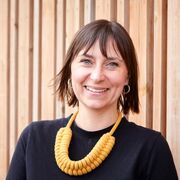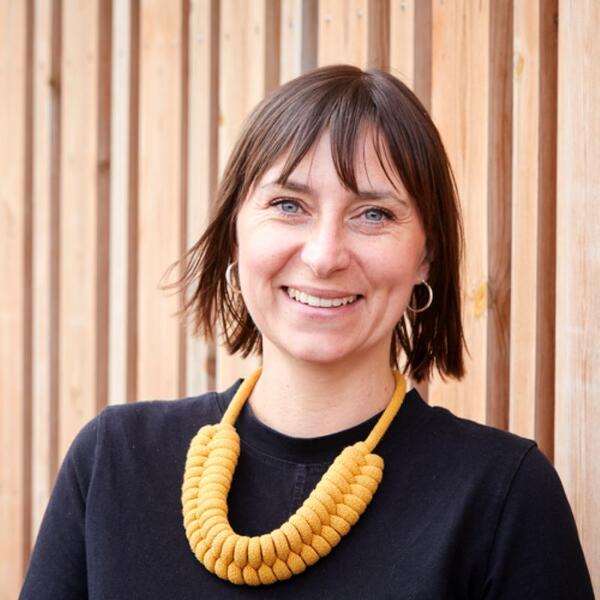Health Inequalities
Health inequalities are unfair and avoidable differences in health between different groups of people.

Evidence highlights how children in the north of England are disproportionately disadvantaged in comparison to children in the south of England. Women and babies of the north are similarly at a greater risk of suffering from social and maternal health inequities. Evidence also suggests a much higher risk of death and complications for mothers and babies from ethnic minority or socioeconomically deprived backgrounds. To reduce inequalities, it is important to give every child the best start, from before and during pregnancy and early childhood.
Aims and objectives
This theme is interested in researching and understanding health inequalities experienced by children from the beginning of life (the first 1000 days) in the broadest sense so that we can work towards ensuring children in South Yorkshire have the best and fairest start in life. The health inequalities theme intersects with the other SCYPHER themes, however key areas of interest include:
- Inequalities in children’s access to and experiences of health services;
- Inequalities in children’s health outcomes;
- Inequities for parents/carers and babies in access to and experiences of health and social care service;
- Inequities in parents, carers and families’ experiences of services and related health outcomes.
Key ambitions of the research theme
- To build capacity within the health inequalities research field for children and young people’s health in South Yorkshire. This could include supporting PhD students, internship and postdoctoral students, facilitating research opportunities for Early Career Researchers (ECR), Mid CR (MCR) and established researchers from transdisciplinary approaches and backgrounds
- To be recognised as a cross-cutting team of researchers who can provide ‘expert’ input into projects/ideas, contribute to appropriate methodologies and measures and suitable dissemination and engagement activities
- To build consideration of equity into all aspects of research completed by SCYPHeR and network partners from project design, researcher selection, participant engagement and inclusion activities and equitable dissemination.
- To produce and support the production of high-quality research outputs from a group of researchers who identify with and align with the research aims of the research group
Please complete this form to register to be a member of the Health Inequalities theme.
If you'd like your research to be featured on this page, email us at scypher@sheffield.ac.uk.
Theme Coordinators
Dr Lucie Nield is a dietitian and nutritionist who is passionate about weight management, diabetes and health inequalities research. Her research is focussed primarily on qualitative work including systems evaluation and coproduction methodologies as well as implementation science. Lucie's research focusses on the socio-cultural aspects of food and nutrition and whole systems thinking by understanding the lived experience of individuals. Lucie is passionate about ensuring that research is meaningful to the populations involved and that research results in reduction of inequality.
Professor Hora Soltani
Professor of Maternal and Infant Health, Sheffield Hallam University
Contact: h.soltani@shu.ac.uk or 0114 225 5444
Professor Hora Soltani is the Director of the Maternal and Infant Health Equity Research Centre (MIHERC). MIHERC was established with support from NIHR-Maternity Challenge fund and is aimed to reduce health inequities for mothers and babies through community engagement and innovative solutions. Hora is also the Lead for the NIHR-Maternity Disparity Consortium (MDC)-Perinatal Mental Health team. With over 25 years of experience, Hora was awarded an MBE for her services to maternal and infant health and higher education, impacting on reducing health inequalities through national and global collaborations.


